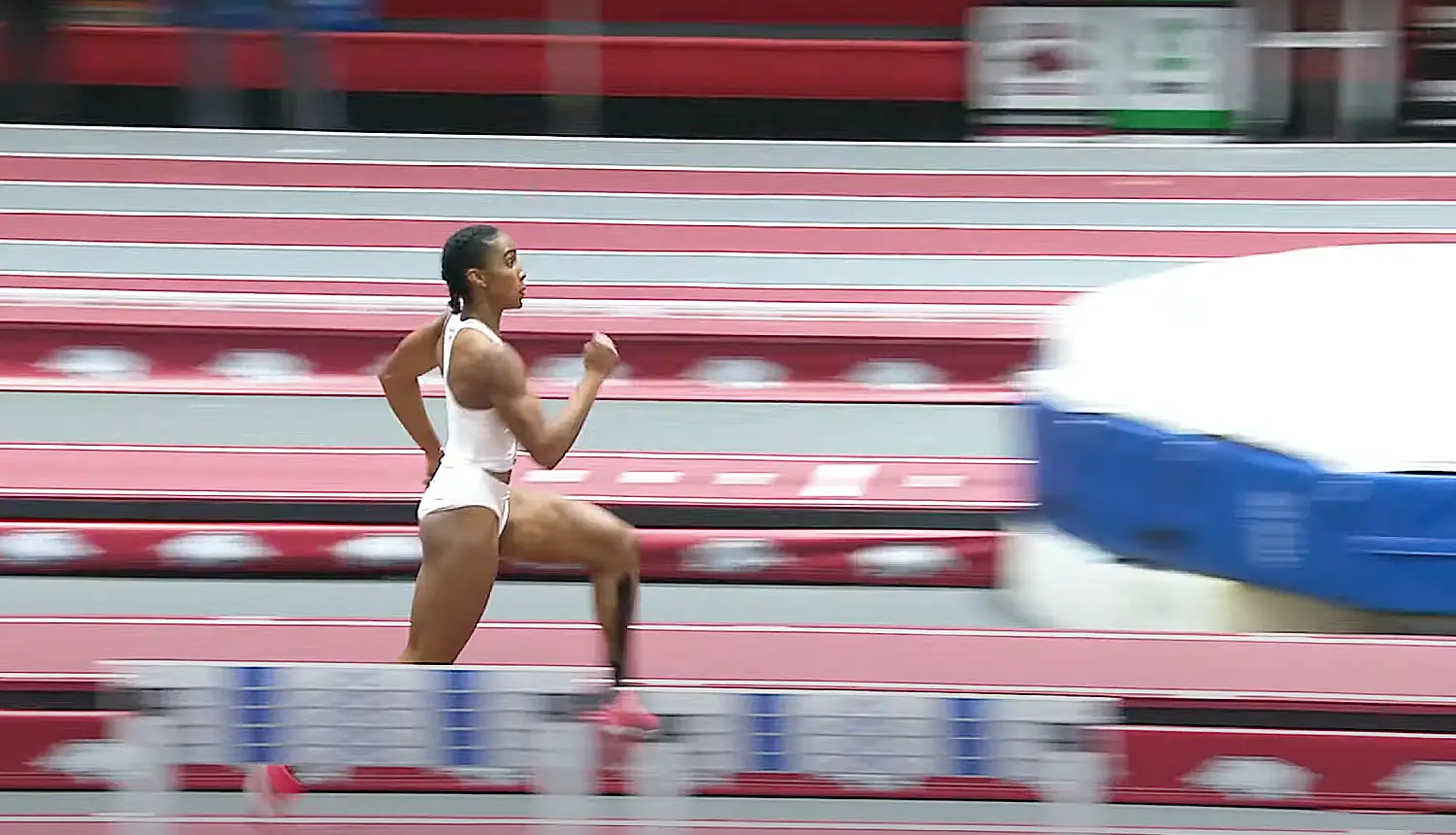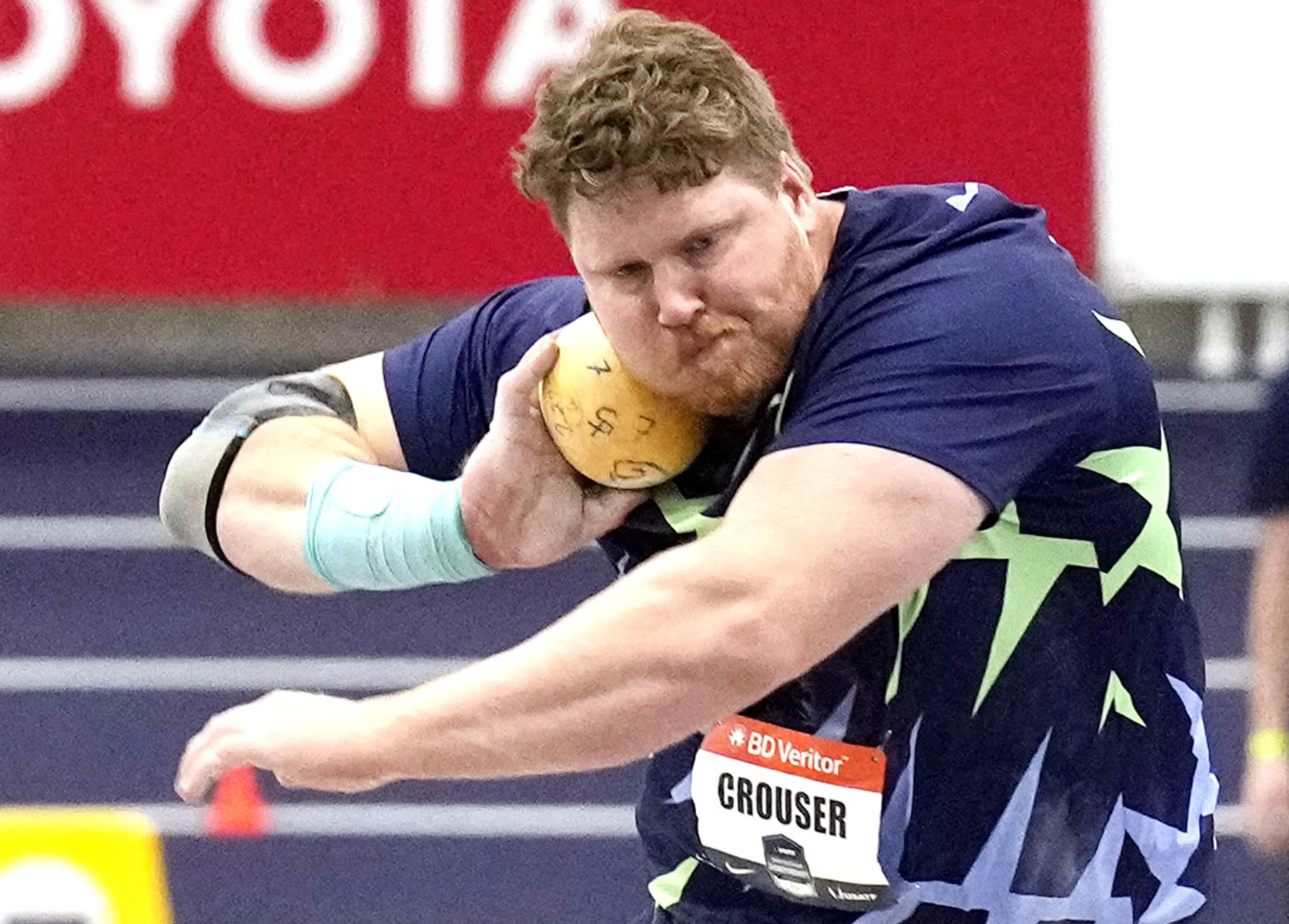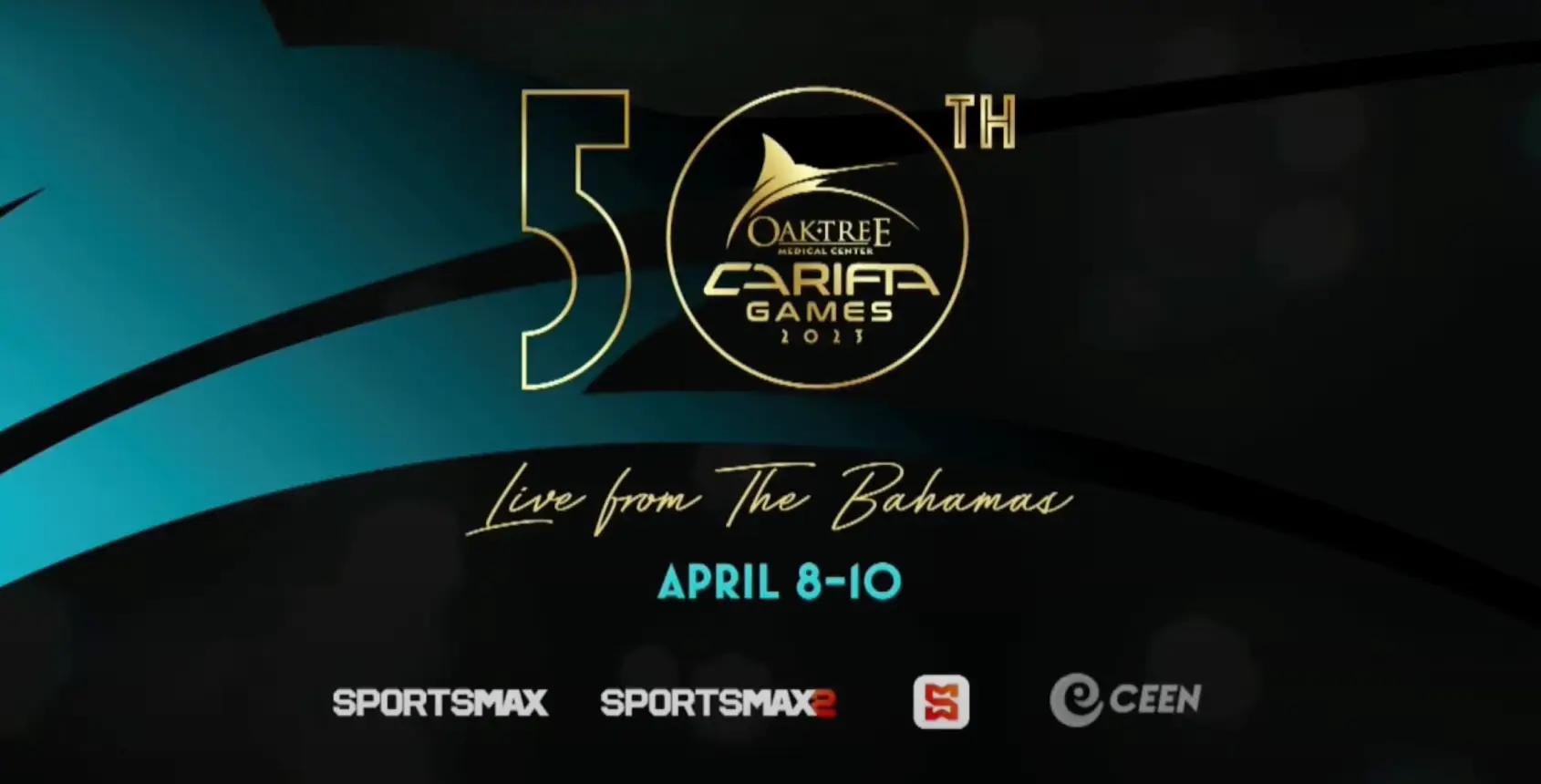Trinidad and Tobago athlete Tyra Gittens was ruled ineligible for six months following a doping violation, according to the Athletics Integrity Unit (AIU). Gittens, who is a three-time NCAA champion, was found to have a prohibited substance in her sample that contained methylphenidate/ritalinic acid.
The 24-year-old explained that the substance was present in the medicine she takes for ADHD. However, she had allowed her Therapeutic Use Exemption (TUE) to expire at the time the samples were taken.
“My Therapeutic Use Exemption (TUE) for taking ADHD medication was not approved in time for the World Championships last summer, which caused me to test positive for methylphenidate,” Gittens wrote in an Instagram post @tyragittens. “Even though I have taken the same medication for years and had the same TUE for the Tokyo Olympics, I did not complete the application correctly.
“To put this behind me, my team and I accepted a 6-month suspension backdated to Sept 25, which means the period of ineligibility is already served, and I can proceed with my season. During that time I learned so much more about myself, my priorities, and my goals.”
The AIU also confirmed that any results in competitions since June 26, 2022, would not be considered and set Gittens’ ineligibility period to run from September 26, 2022. The ruling means that her long jump performances at the world championships in Eugene last summer, along with her long jump and high jump placings at the 2023 Commonwealth Games in Birmingham, last August, have been voided.
“She was not advised that the TTO Sample was positive for methylphenidate, or that her TUE had expired for this purpose, until November 2022, after the sample collected from her at the World Championships on July 23, 2022,” the AIU release said.
The AIU, which was established by World Athletics to combat doping in athletics, acknowledged that Gittens had not realized that her previous TUE had expired.
The body also accepted that she had no information at the time of the second sample that her TUE application was incomplete, and that the medication was being used for legitimate medical reasons. As a result, the AIU deemed the violation to be non-intentional.
“The AIU also accepts that the medication was used for legitimate medical reasons and the athlete did not intend to cheat. Accordingly, the AIU accepts that the violation was not ‘intentional’.”
Gittens, who recently turned professional, expressed regret over the incident and vowed to take necessary precautions in the future.
[Read the full AIU Statement Here]






